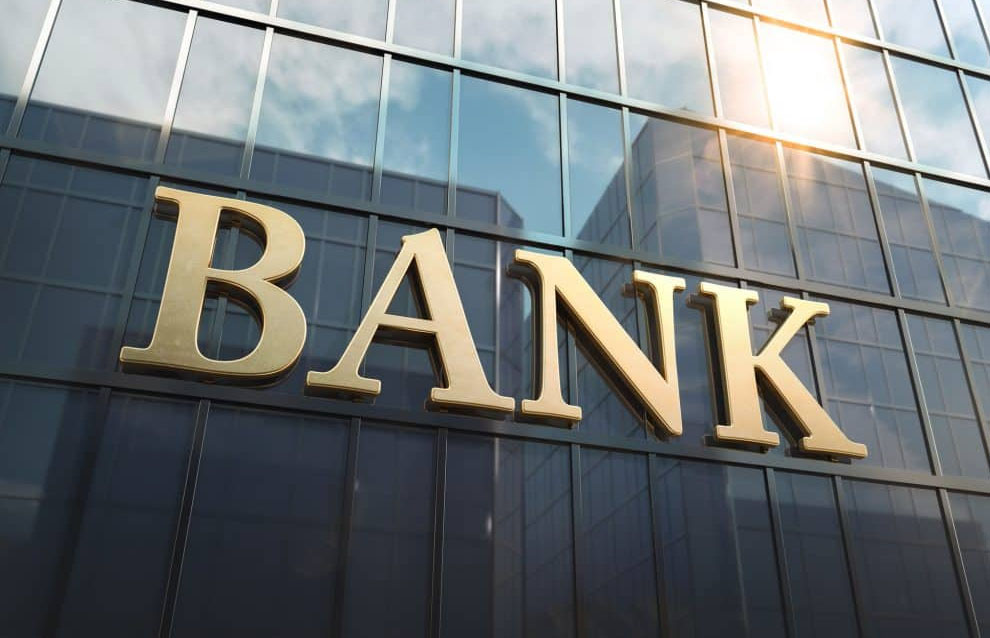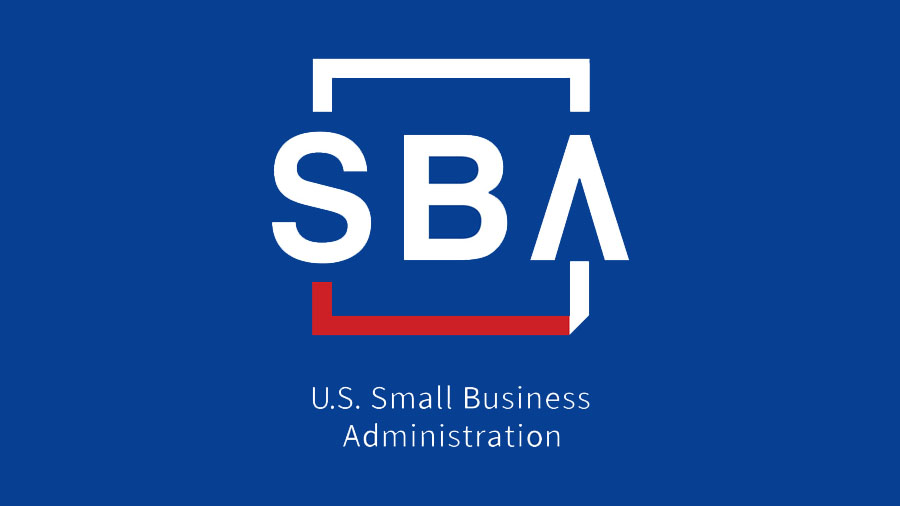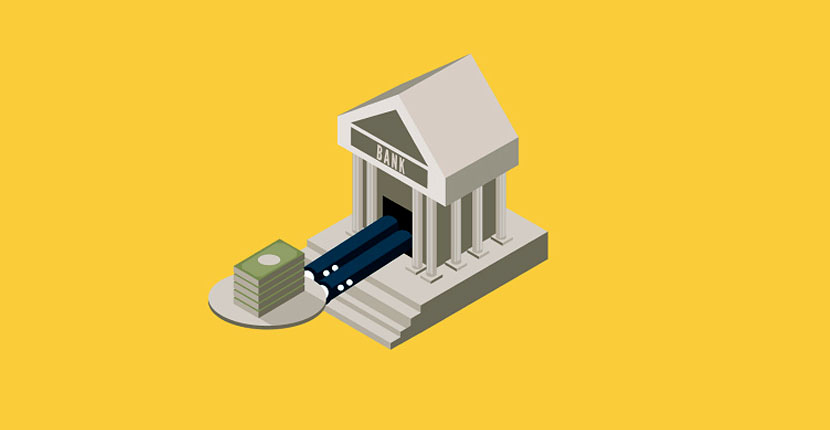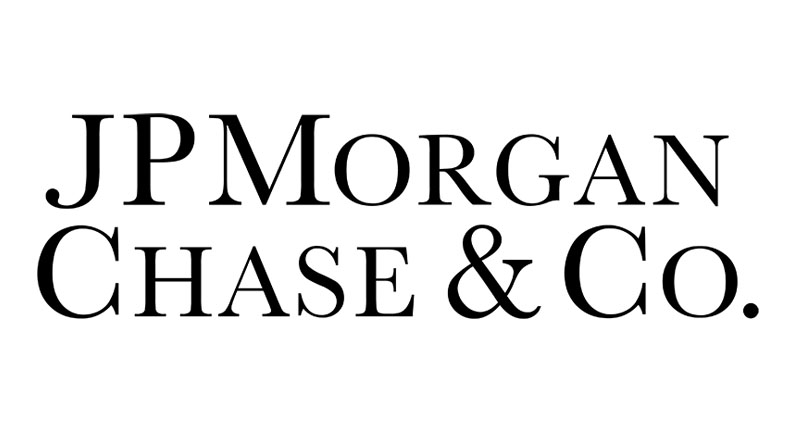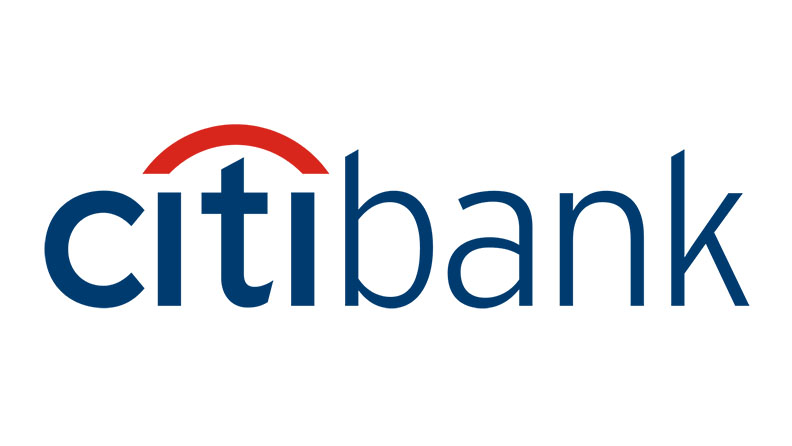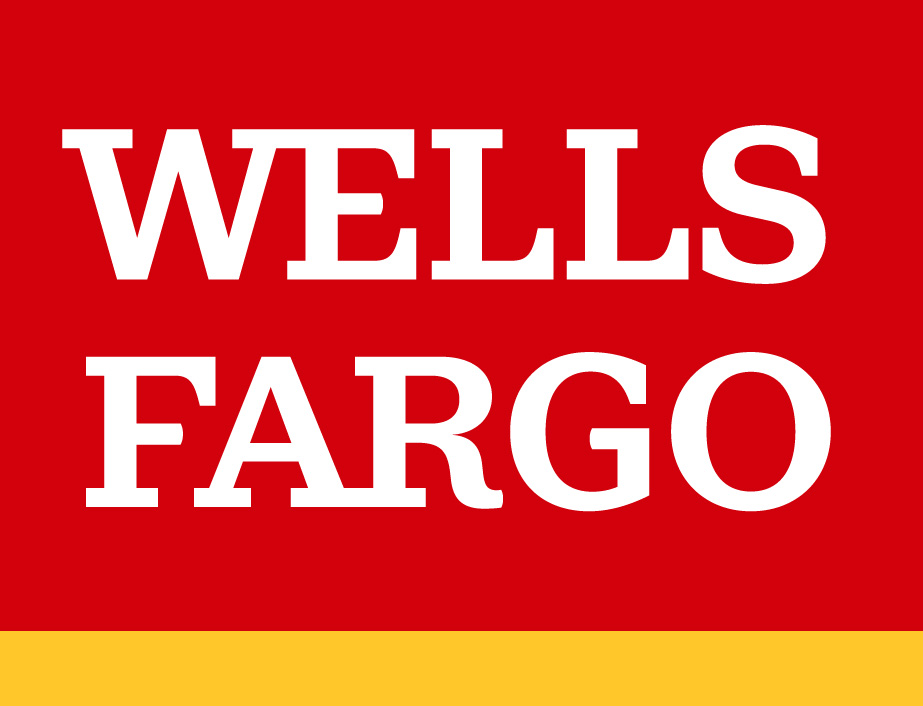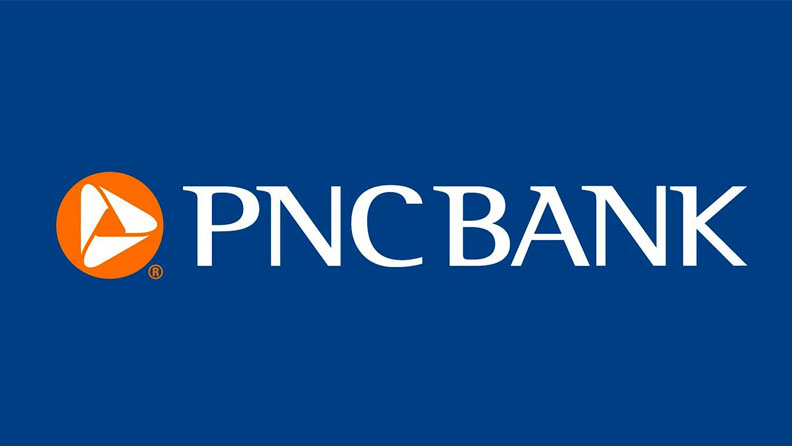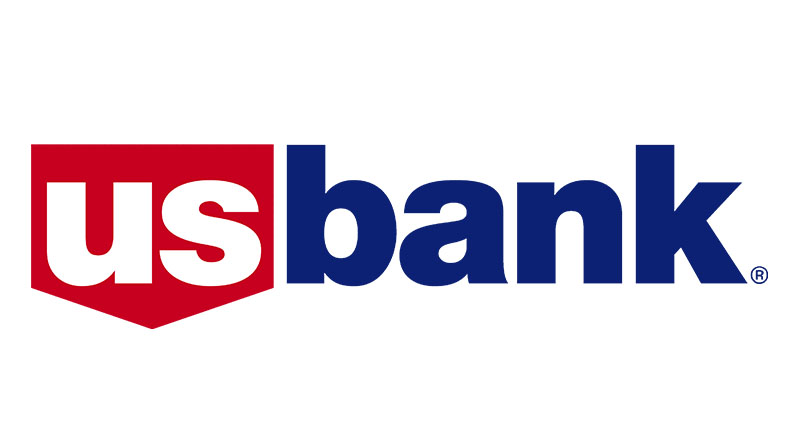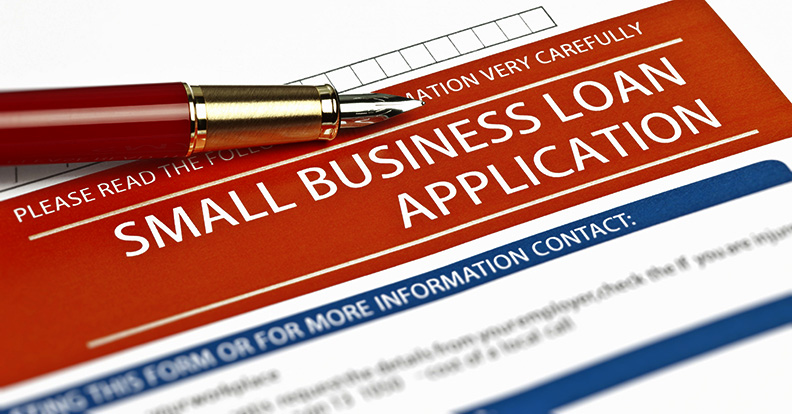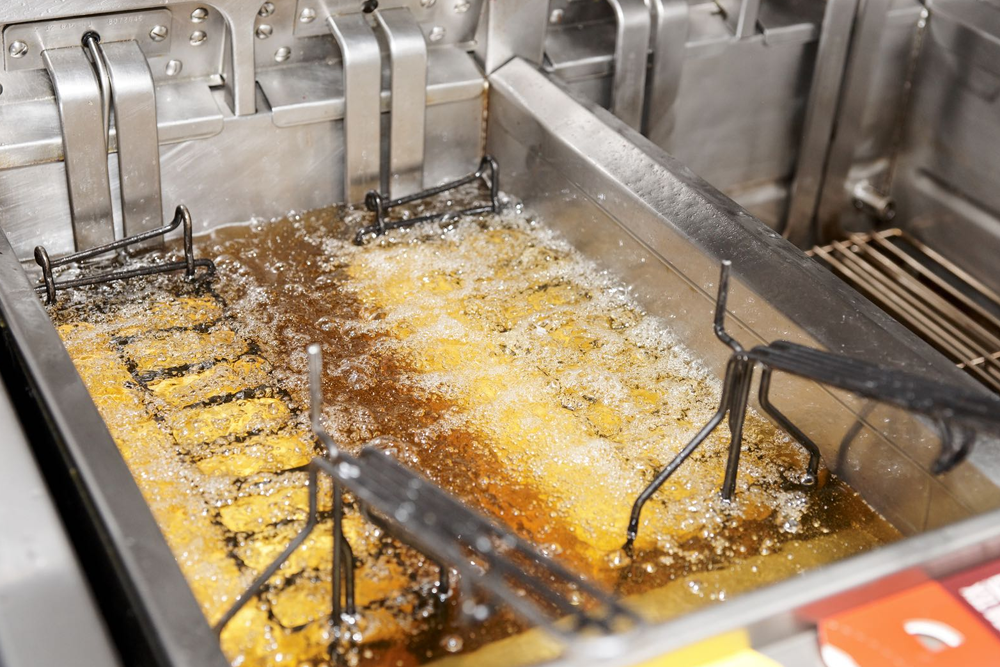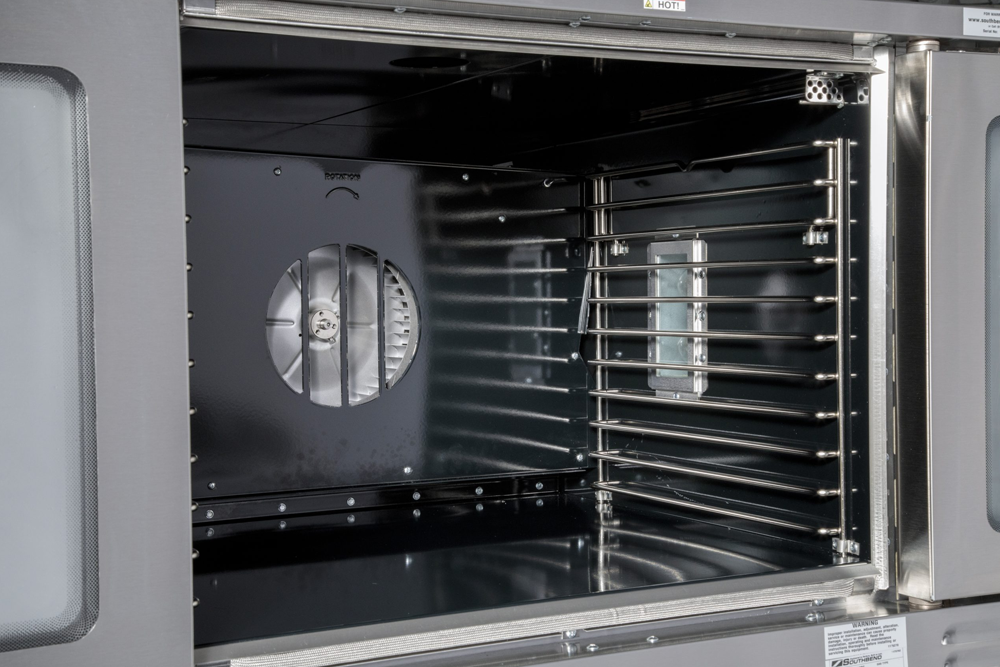Which bank is the best small business lender?
Banks are the best loan lenders for your small business if your company has been in business for more than one year and has no need for cash fast. Because approvals can take months and are usually far from a sure thing – even if you meet all the requirements, such as credit score requirements.
According to the small business lending index, only about 13% of all business loan applications get approved by banks. Hence, the right bank for you not only offers the type of small business loan you require but also funds enough loans to make financing feasible.
Table of Content
- Types of small business loans that can meet your business needs
- The bank loan options open to borrowers
- How to secure a small business loan from a bank
- Alternative sources of business financing to bank business loans
Types of small business loans that can meet your business needs
Loan options under the SBA Loan Programs
Microloan Program
The Microloan program aims to assist small businesses, be it new or expanding, and specific nonprofit child care centers. A microloan can go up to loan amounts of $50,000—the loan mandates for working capital or purchasing supplies, furniture, inventory, and equipment. The SBA prohibits borrowers from using a microloan to pay off any existing debts or purchase real estate.
SBA 7(a) Loan Program
The 7(a) loan is the most common and flexible loan offered by the SBA. It is most suited for small business owners who are looking to purchase real estate. Under the 7(a) loan program, loans of up to $5 million are available; typically, loans get repaid through monthly payments.
SBA 504 Loan Program
The 504 loan program provides borrowers with real estate and equipment loans. 504 loans go towards providing fixed-rate, long-term small business financing that can help purchase major assets. Typically they go up to loan amounts of $5 million.
Other loans available for business funding other than SBA Loans
The following are the types of business loans that are available to small business owners aside from the loans offered by the Small Business Administration:
- Term loans
- Business lines of credit
- Invoice financing / Invoice factoring
- Merchant cash advance
Small business owners are able to obtain these loans from banks, credit unions, online lenders, and alternative lenders.
The bank loan options open to borrowers
To identify the best bank option available to you and your business needs, it is important to consider; your eligibility. Banks will often consider your creditworthiness to determine whether they approve your loan request. This entails looking into your credit history, do you have good credit, your business’ credit score, your business plan, and your tax returns. Below are the best banks for small business loans and the types of loans they offer:
The Bank of America
As of September 2020, Bank of America has the most commercial and industrial loans among banks, surpassing the next closest loan lender by $100 billion. Bank of America is a viable option if you value rewards. You qualify for rewards by meeting certain account requirements. Among these are; interest rate discounts, no fees on wire transfers. Bank of America also makes sense for veterans and service members, as it offers these individuals a 25% discount on origination fees or loan administration. Currently, Bank of America is not processing new applications for unsecured business loans as they are choosing to prioritize the Paycheck Protection Program loans (PPP loans).
Term loans under the Bank of America
Bank of America offers both unsecured term loans and fixed-rate secured loans. The offered secured loan requires greater annual revenue: starting at $250,000, compared with $100,000 for the unsecured loan. Both secured and unsecured business loans require at least two years in business and have five years’ repayment terms.
Business lines of credit under the Bank of America
Bank of America offers both secured and unsecured business lines of credit. The revenue requirements are similar to those of the term loans. The secured business line of credit comes with an added borrowing power, starting at $25,000 compared to that of the unsecured business line of credit, which starts at $10,000. There is no set borrowing maximum, and both have revolving terms – that renew annually.
SBA Loans under the Bank of America
Although the Bank of America is a preferred Small Business Administration lender, it is less active in issuing SBA Loans. For instance, U.S Bank and Wells Fargo lend more 7(a) loans than the Bank of America.
Other loans under the Bank of America
Bank of America offers:
- Business auto loans starting at $10,000.
- Commercial real estate loans
- Equipment loans
JPMorgan Chase
Chase offers products for small business owners, for instance, checking accounts and business credit cards. The Chase business loans include:
Term loans under Chase
Chase offers fixed-rate loans starting at $5,000. These fixed rates are less than those of lenders like PNC Bank or Bank of America and are adjustable. Repayment terms can also last from one to seven years.
Business lines of credit under Chase
Chase offers business and commercial lines of credit. Chase’s business line of credit provides $100,000 to $50,000 in financing on a renewable five-year revolving term. On the other hand, the commercial line of credit is $500,000 and up, with one to two-year terms that a borrower can renew.
SBA Loans under Chase
Chase is an SBA preferred lender and finances several types of SBA loans. This includes:
- SBA Express loan
- Credit lines
All of which offer faster funding of up to $350,000.
Other business loans under Chase
Chase offers:
- Multiple equipment loans – Have fixed or variable rates, terms of up to seven years, and up to 10% included for the soft costs (shipping and installation). Equipment loans start at $10,000.
- Commercial real estate loans – Also have fixed or variable rates. The commercial real estate loan offered by Chase starts at $50,000 and has terms of 7 or 10 years.
Citibank
Among small business owners, Citibank is better known for its small business credit cards. They also offer business loans, although it has fewer products than other lenders. Citibank is a preferred choice because of its simplicity.
Term loans under Citibank
Citibank offers term loans from $5,000 to $3 million. The interest rates are fixed, the terms last up to 7 years, and the term loans require a personal guarantee. Citi does not offer any equipment loans, but the offered term loans may be used for the same purposes.
Business lines of credit under Citibank
Citibank offers two business lines of credit; both come with variable interest rates and revolving terms. You require a personal guarantee to qualify for a line of credit from Citibank.
Wells Fargo
Wells Fargo has discontinued its term loan products; this includes the Equipment Express loan. The bank still offers other types of small business finance products. Wells Fargo’s lending maximum is less than that of other banks, so consider another bank if you have collateral and require more than $500,000 in financing.
Business lines of credit under Wells Fargo
Wells Fargo offers three different lines of credit. One is unsecured, while the other two are secured by collateral. The credit lines of up to $100,000 have variable rates and revolving terms. While those greater than $100,000 have a one-year term. Generally, you will require at least $2 million to $5 million annual sales to qualify for their most generous line of credit.
SBA Loans under Wells Fargo
Wells Fargo is one of the most active SBA Loan lenders; as of September 2020, they had approved more than $114 million in SBA 7(a) loans. This was the most among traditional banks in the 2020 fiscal year.
Other Business loans under Wells Fargo
Wells Fargo offers:
- Semi-truck financing
- Equity financing
- Real Estate Purchase Financing
PNC
Business loans offered by PNC banks are best for more mature businesses. You generally have to have been in business for at least three years to meet the PNC’s qualifications.
Term loans under PNC
PNC offers lump sums of $100,001 to $3 million for loans secured by collateral and $20,000 to $100,000 for its unsecured term loans. The unsecured term loans come with a fixed interest and a term of up to 5 years, while the rates on secured loans can either be fixed or varied and terms last up to 7 years.
Business lines of credit under PNC
PNC’s lines of credit amounts mirror those of their term loans. Both the secured and unsecured lines of credit have revolving terms and variable interest rates.
SBA Loans under PNC
Despite being a preferred SBA lender, PNC is less active than other lenders.
Other business loans under PNC
PNC offers:
- Auto loans have a repayment range from $10,000 to $250,000 with repayment terms of up to six years.
- Commercial real estate loans – Come with fixed or variable rates, have repayments terms of up to 6 years, and finance amounts of $100,001 to $3 million.
U.S. Bank
Compared to other brick-and-mortar banks such as Wells Fargo and Bank of America, U.S. Bank has fewer locations. However, if you do have a branch near your location, they are a good option for startups that possess collateral, as you may qualify for an SBA loan.
Term loans under U.S. Bank
U.S. Bank only offers secured term loans. These loans have fixed rates and go up to $1 million. If you require fast access to working capital, the bank possesses a quicker version of its term loan product. However, the Quick loan does have a lower borrowing maximum, $250,000, but a faster application process. It is the best option for businesses that have been in business for at least two years.
Business lines of credit under U.S. Bank
Like the business term loan, the U.S. Bank business line of credit goes up to $1 million. It has an interest-only payment option. Cashflow Manager, which is the bank’s revolving line of credit, goes up to $250,000. It is intended for companies that have been in business for at least two years. If the line of credit is less than $500,000, it has an annual fee of $150.
SBA Loans under U.S. Bank
If you are interested in an SBA loan, then U.S. Bank is a good option. They had approved the second most amounts of 7(a) loan applications in the 2020 fiscal year, as of September 2020.
Other business loans under the U.S. Bank
The U.S. Bank offers:
- Equipment loans go up to $500,000.
- Commercial real estate loans – are offered with a fixed rate or variable rate of up to $10 million with five, ten, fifteen-year repayments terms.
How to secure a small business loan from a bank
The pandemic and market conditions have caused business loan approvals at banks to go down more than 50% in December 2020 compared to the previous year. To qualify for a business loan from a bank, a borrower will need the following:
1. An existing relationship with the lender: Most banks require at least a business checking account with their bank. While you can simply open a business bank account to meet this requirement, some banks require a long-term relationship. For example, Wells Fargo, where you need an account for up to 12 months before receiving any type of funding.
2. Possess good credit: You’ll need a personal credit score in at least the 700s. Potential deal breakers you should bear in mind include:
- You bear too much debt.
- You have too many loans.
- You have too many open accounts.
- You possess too many negative marks – loan defaults, bankruptcies, and late payments.
3. Does your business have a strong revenue: The bank scrutinizes your business when you apply for a small business loan. The bank will see whether your business is in good shape and earn enough revenue to support the amount you wish to borrow, plus any additional costs, e.g., down payment or upfront costs. For instance, when borrowing an unsecured business loan from the Bank of America, you need at least $100,000 in annual revenue.
4. Do you have the qualifying time in business: A business having spent two years under the same ownership is the standard. There will be some exceptions; for example, U.S. Bank has lending products available if you have been running your business for at least 6 months. PNC generally requires at least 3 years of operation.
5. Collateral: You do not always need to put up business collateral like commercial property or equipment to get a loan. Some banks will offer you the option of either a secured or unsecured loan. However, the secured loan may offer larger amounts and provide longer terms and lower interest rates, making payments more affordable.
Alternative sources of business financing options to bank business loans
If you have been unsuccessful in securing a bank business loan, these are other loan lenders you may consider:
- Community banks: Business loan applicants are noted to report a higher approval rating with smaller banks than bigger financial institutions. Loan applicants also experience overall greater satisfaction. Despite this, the number of community banks is dwindling, and local banks sometimes lack the benefits you would enjoy with their big-name counterparts, for example, online loan management and the presence of many branches.
- Online lenders: Compared to bank loans, online business loans come with faster funding and higher approval rates. Because of this, online lenders are sometimes referred to as alternative lenders. Some online lenders will specialize in small business loans; for instance, as of September 2020, Live Oak Bank is the most active SBA 7(a) loan lender.
The benefits of online lenders are that they are more likely to provide funding to newer businesses and are less likely to require traditional collateral. Most online lenders also have more competitive rates and faster loan application processes, and borrowers need only make an online application. The trade-off for these perks is there will likely be higher costs than a traditional bank.
- Microlenders: Some nonprofit lenders offer microloans. Microlenders are good for startups or small businesses that need working capital but have not qualified for the business bank loan. Microloans are typically less than $50,000 and come with short repayment terms. However, one should expect the overall costs to be higher than a loan from a traditional bank.
- Personal loan: A personal loan for a business is a good idea if your business does not qualify for traditional business financing.
Highlighted below are other small business loan companies, ranging from traditional to alternative lenders. They are noted as having some of the best small business loans. These lenders are a good starting point for most businesses and should be researched if the banks listed earlier do not meet your business needs.
| BlueVine |
|
| OnDeck |
|
| Biz2Credit |
|
| Funding Circle |
|
| T D Bank |
|

